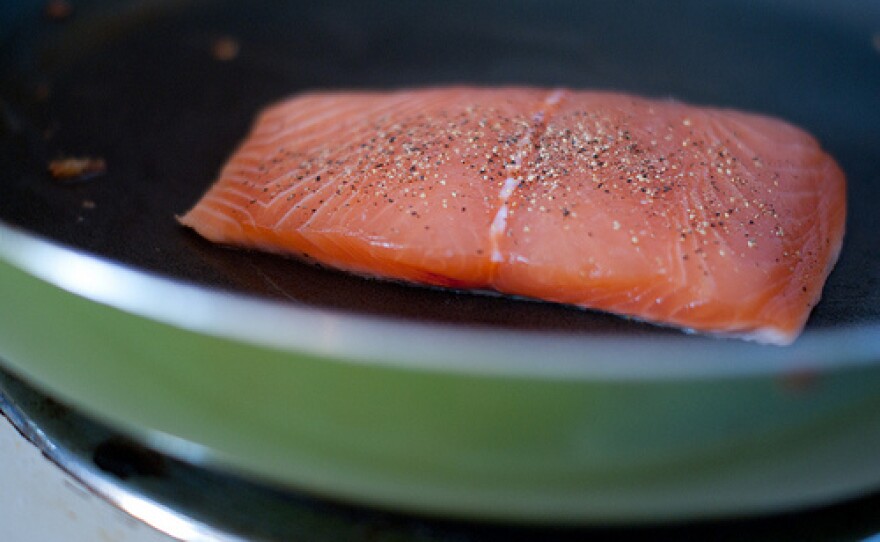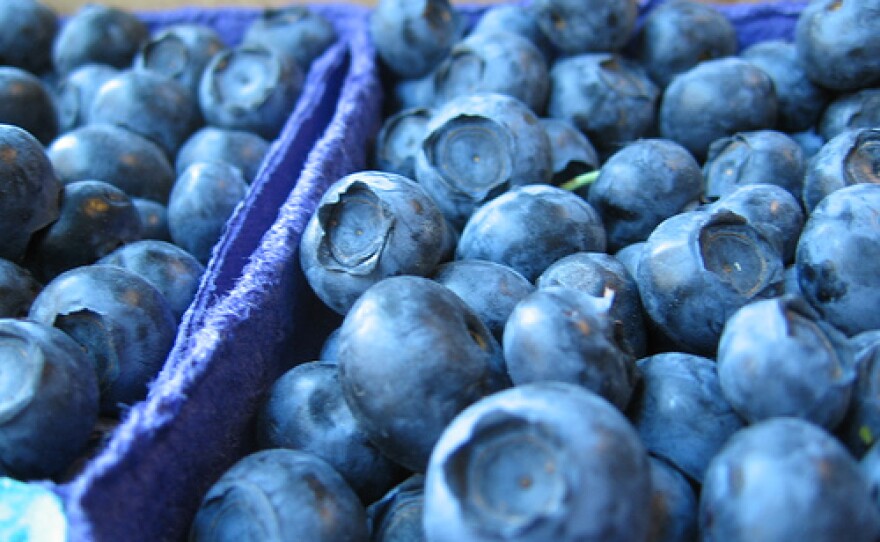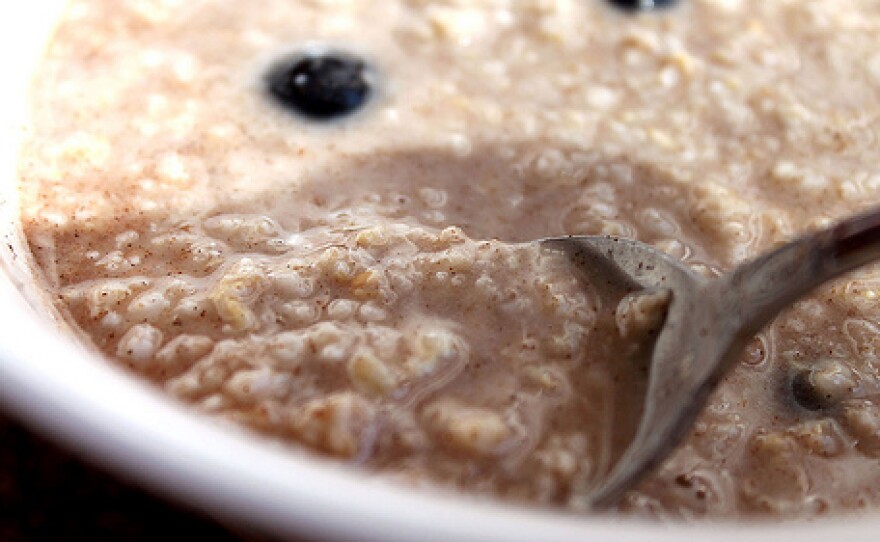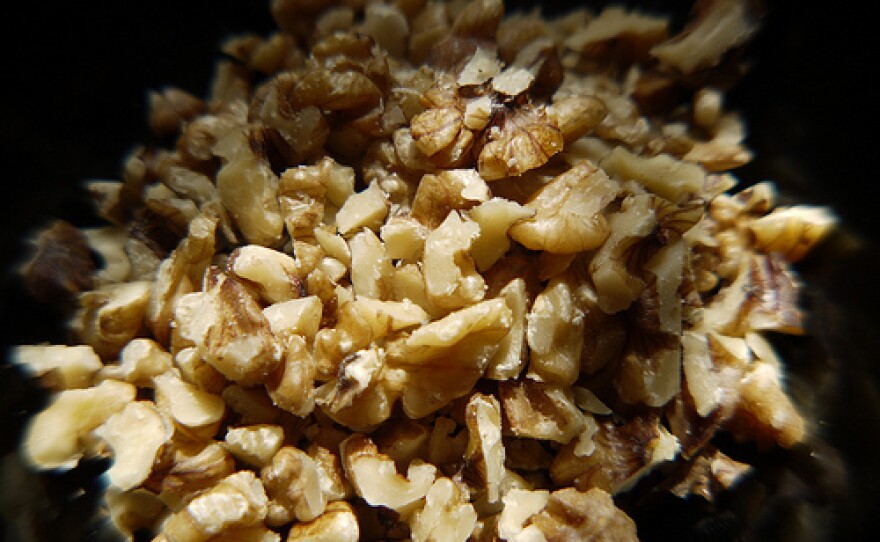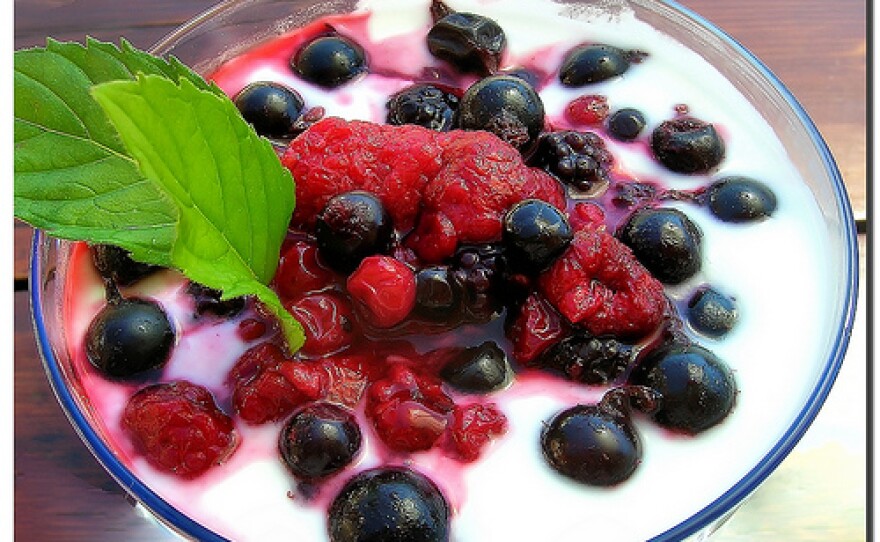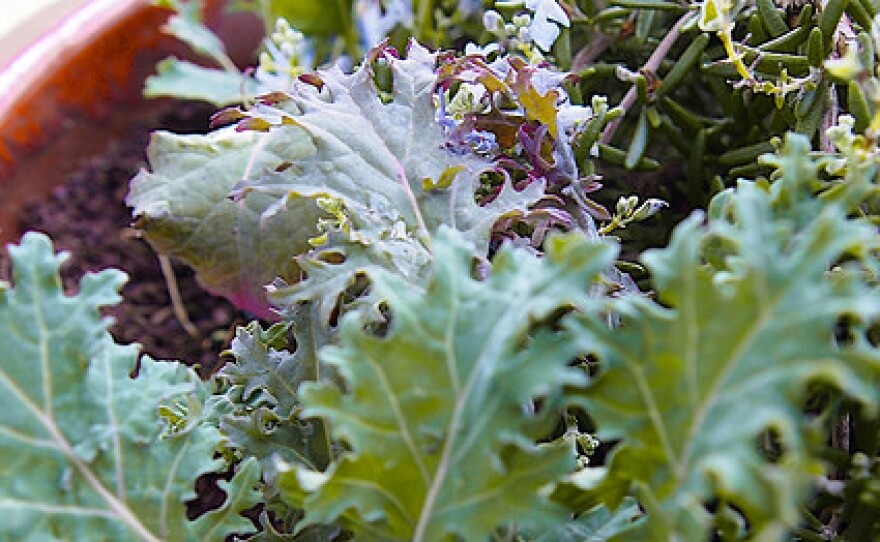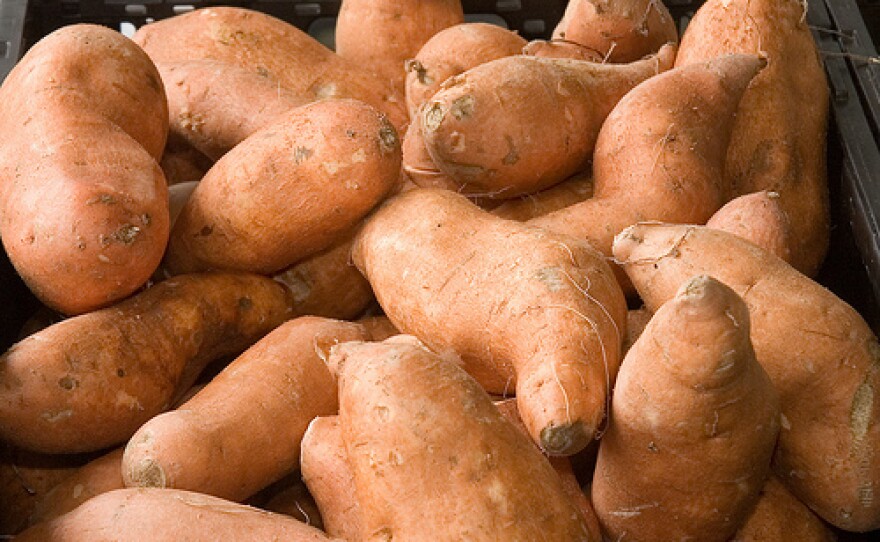The word “superfood” may sound a bit intimidating, but nutritionists believe they allow people to take their healthy diets to the next level. But what makes a food “super,” and what foods actually make the cut?
This week on Take Care, Rachel Berman talks about seven superfoods that can easily be incorporated into a healthy diet. Berman is a registered dietician and the health editor at About.com. She is also the author of Boosting Your Metabolism for Dummies and Mediterranean Diet for Dummies.
Click 'Read More' to hear our interview with Rachel Berman.
According to Berman, a superfood is a food that is very dense in nutrients. They may contain anything from fiber to antioxidants, which are, “nutrients that can really help destroy radicals in our body that may lead to diseases,” says Berman.
Different health experts have their own lists of superfoods, which sometimes may be hard to find in your local supermarket. Berman has created a list of seven superfoods that are easy to find and easy to incorporate into your diet.
- Salmon - Salmon is high in omega-3 fatty acids, which improve heart health and decrease inflammation throughout the body. Some people have concerns about whether the salmon they eat was caught in the wild or raised on a farm, as the fish may contain mercury, but Berman says the benefits of eating salmon far outweighs the risks of eating it.
- Blueberries - Rich in antioxidants and fiber, blueberries are easily accessible, can be added to many meals, and can be eaten all year round if frozen. “When you freeze something like fruit, it’s being frozen at the peak of its ripeness. So, often times, people think frozen isn’t as great as fresh. Typically, it’s better than fresh, because it’s not going through shipping and handling, where it loses its nutrients,” says Berman.
- Oats - “Oats provides a really great dose of soluble fiber, which actually can help lower cholesterol, and prevent colon cancer and heart disease,” says Berman. Oats come in different forms, and while steel-cut oats contain the most fiber, those that can’t get around the taste can turn to instant oatmeal packets, as long as there isn’t too much sugar added.
- Walnuts - Walnuts contain omega-3 fatty acids, antioxidants, and proteins and are very energy dense. Berman recommends adding an ounce of chopped walnuts to oatmeal to get the best results. While other nuts are healthy as well, they don’t contain the amount of omega-3 fatty acids walnuts do, and can be used as a great source of the acid for those that don’t like salmon.
- Yogurt - Yogurt contains probiotics, which are healthy bacteria cultures that can help with digestive issues. Yogurt is also a good source of vitamin D and protein, and while Greek yogurt contains the most protein, Berman says that virtually any yogurt can help if added to your diet.
- Sweet Potatoes - The orange color in sweet potatoes mean that it is high in beta-carotene, which turns into vitamin A. Vitamin A is important for eye health and is also an antioxidant. Sweet potatoes are also a great source of fiber. “So if you’re looking for a starch addition to your dinner, instead of having a dinner roll or just a serving of rice, sweet potatoes can actually be a great substitute,” says Berman.
- Kale - Unpopular to some due to its flavor, kale is considered a superfood because it’s a rich source of beta-carotene, vitamins K and C, and calcium. Berman recommends putting some lemon juice or vinegar on the kale and then massaging the leaves with your hands before adding them to salad, as that helps diminish the strong taste. Kale can also be baked to make chips, which are a much healthier snack than potato chips.
As to how to incorporate these foods into your diet, Berman says that many of them can be mixed together. Another way is to try to have at least one of the superfoods a day, ensuring that you’re getting all seven in a week.
“I think that’s a great way to ease into healthy habits, just to start small and take it easy. Too much can be overwhelming,” says Berman.


